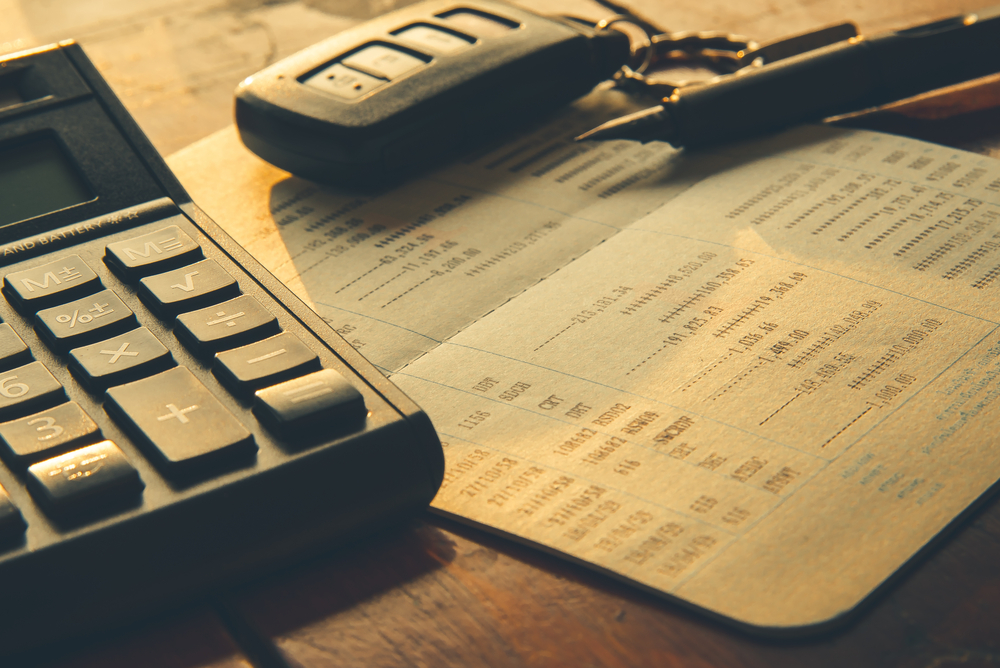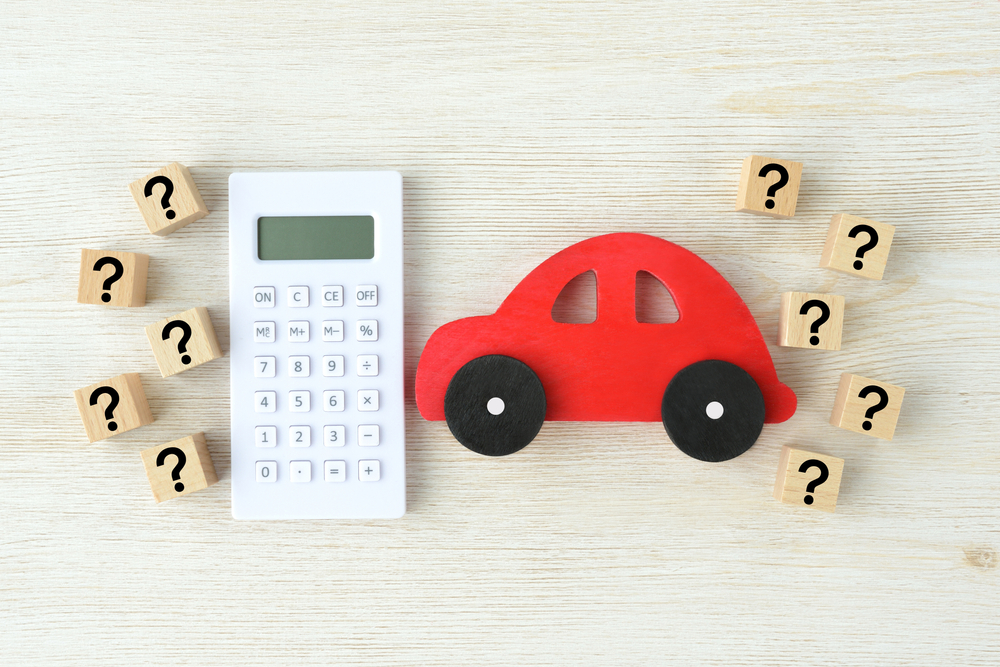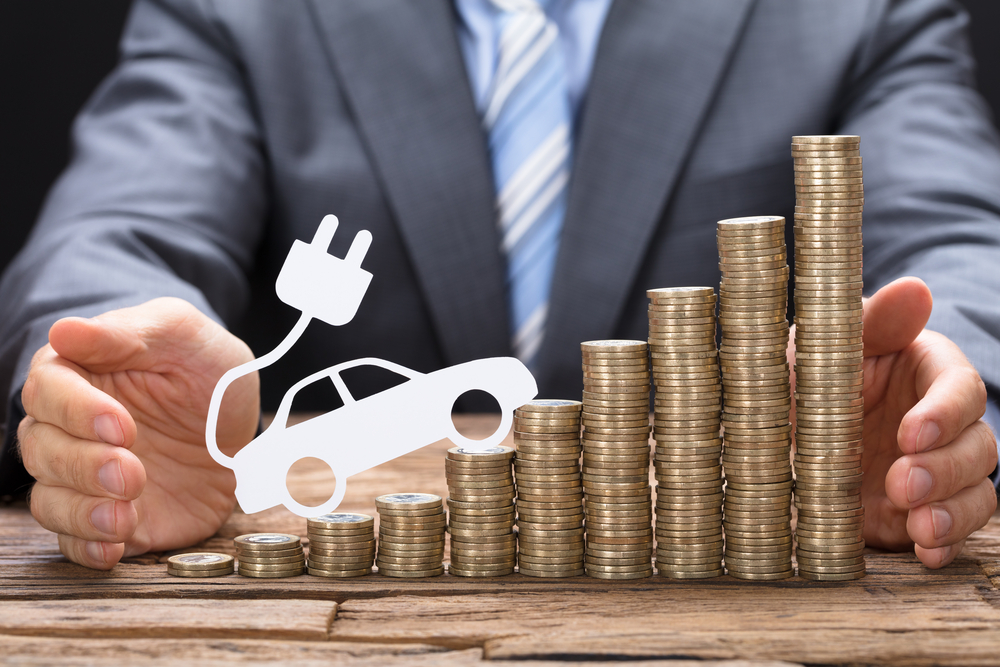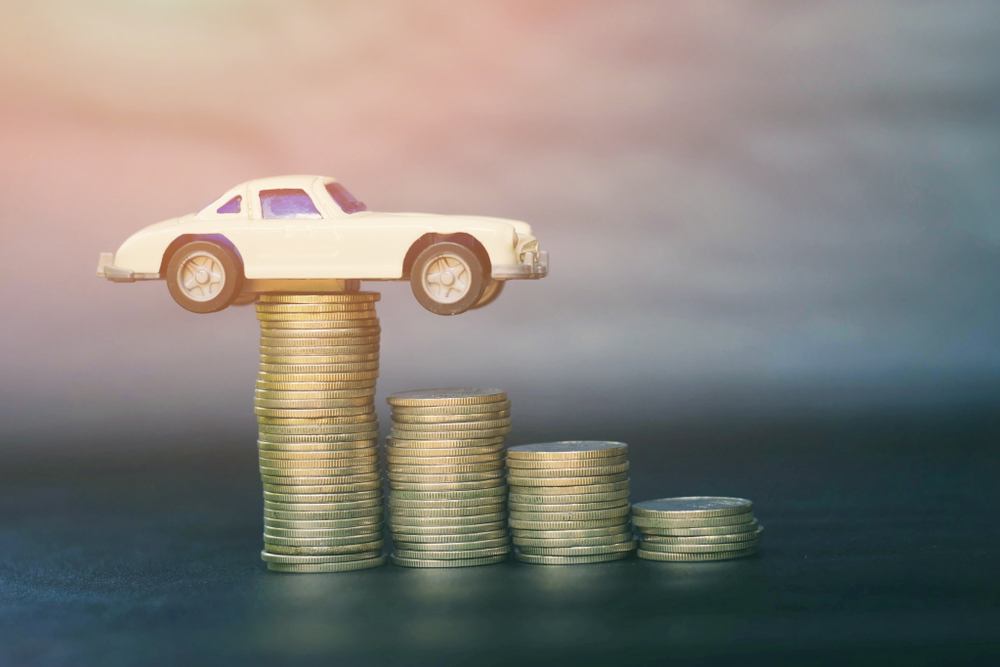When an older car isn’t in use, the owner might not be interested in holding onto it and paying for upkeep. Selling a car privately or to a dealership could help an individual have money for the down payment for a newer model, but, sometimes, the car is simply taking up unnecessary space in the garage or the driveway.
Selling a car privately can be a process. Once the owner has made the sale, though, are there any tax implications? Do car owners pay taxes on the proceeds of a car sale? There are multiple tax responsibilities that might be applicable in buying, selling or owning a car, including:
- Sales tax
- Personal property tax
- Capital gains Tax

Who is Responsible for Paying Sales Tax?
When buying a car, sales tax might add to the cost of the purchase. Some states don’t apply sales tax to car sales but others do. Who pays the sales tax?
In states where car sales are taxed, the individual responsible for paying the tax is the buyer. The amount of tax may be dependent on a number of factors, though. In some states where sales tax is applied, the tax might be rolled into the loan. However, this isn’t always the case.
Buyers might realize that they are on the hook for the full amount of sales tax when trying to title and register their car. When purchasing a car in a state where vehicle sales are taxed, buyers can prepare for their tax obligation by researching the tax rates and calculating how much they might owe on a particular purchase.
Preparing for the sales tax hit might be necessary so that car buyers can review their finances to determine how they will pay the tax. For some car purchases, car buyers might owe a large tax bill. Don’t be surprised by a tax bill—do the research!
Personal Property Tax
While not all states tax vehicles as part of personal property, states that tax car owners for their vehicles might require the property taxes to be paid yearly. In addition, some states stipulate that these tax receipts must be shown at the DMV to register the vehicle for new tags.
Property owners—or car owners—are required to pay this tax in applicable states. Those living in states that tax car ownership yearly are typically accustomed to paying this tax. However, depending on the make/model owned, the tax could be pretty expensive.
Unfortunately, personal property taxes are due at the end of the year. This means that while car owners are holiday shopping and trying to pay for holiday purchases, they also face a tax bill.
Capital Gains Tax
A capital gains tax could apply to the sale of the vehicle when the purchase price exceeds the car’s value. Investopedia explains that capital gains taxes might apply to classic or collectible cars. For capital gains taxes, the seller has to pay.
While most standard vehicles won’t sell for more than they are worth, a certified public accountant (CPA) or tax professional can help car owners understand any capital gains responsibilities.

Before Selling a Vehicle, Always Research the Value
Car owners who want to sell their vehicle need to research their car’s value to better understand what price they might receive or to determine a fair sale price. Not all car owners want to handle a private sale, and they might prefer selling to a dealership or even use their car for a trade-in to purchase a newer model.
Even when a car owner is using their car as a trade-in, they still need to research the value of the vehicle. Going into a sale without knowledge could lead to a car owner accepting a low offer and not receiving the best price for their vehicle.
Car owners can use Kelley Blue Book (KBB) to research the resale value of their car or find the trade-in value. The resale value will be higher than the trade-in value, as the trade-in value must account for a dealership’s profit margin. While a private buyer will use the car for their own purposes, the dealer’s interest in the car is in its resale price.
Car owners who want to sell their car to the dealership—not trade it in—also can refer to the trade-in price. Again, dealerships don’t buy cars to use personally, they buy cars to resell. This will impact how much they can offer for the vehicle and why the trade-in value is applicable when selling a vehicle outright to a dealership.
While a dealership might offer less than a private buyer, the process could be much easier and less stressful for the car owner. However, car owners need to be educated about the value of their vehicle, and this is where KBB becomes an extremely valuable tool.
When using KBB to find the trade-in value, the site will prompt the car owner to enter their vehicle’s VIN number, license plate info or just the make/model. Car owners need to include details about their vehicle’s trim and check off any applicable features if the vehicle isn’t a base grade. KBB also will ask the buyer about the condition of the vehicle.
While it may be tempting for car owners to be optimistic about the condition of their car, it’s best to use a more critical eye when determining condition. The condition will impact the overall value of the vehicle; not being honest when determining the condition could lead to an inflated price estimate.
Remember, the purpose of using KBB is to obtain the most accurate value for the vehicle. If the condition is fair and the owner is trying to argue for a price on a good or excellent condition automobile, they’re probably not going to win the negotiation with a dealership.
If the dealership offers a low-ball price for a vehicle that has been valued much higher by KBB, car owners also might walk away. Knowing how much the car is worth can help car owners not feel underpriced when trying to sell the vehicle.
In times of great demand, though, car owners might be surprised to learn that their car is more valuable to dealerships. Certain areas might have a need for popular models. Demand also could impact how much the vehicle is worth to a dealership. KBB typically provides a price range, though, to accommodate for varying valuations.
Don’t Sell a Dirty Car to Get the Best Price
Those who want to get the best price for their vehicle also need to maintain the vehicle. Wash and wax the car before selling it. In addition, car owners might decide to have the vehicle professionally detailed. A car that looks amazing inside and outside will be more appealing to any buyer.
In addition, sellers need to disclose any mechanical issues or they need to repair those issues. Keep the receipts and any info from the mechanic, too.

Electric Cars and Taxes
While personal property tax, sales tax and capital gains tax are the three major taxes that can affect car buyers, sellers and owners, there might be a tax benefit for certain car owners. Electric cars that plug-in may be eligible for a tax credit.
A tax credit is different from a tax deduction. A credit can help reduce the taxes owed, while a deduction helps lower taxable income. The credit for electric cars varies because the credit phases out after so many qualifying vehicles are sold by a manufacturer. However, many models are still eligible for the full credit of $7,500.
Car buyers who are interested in exploring different electric models can download the RelayCars mobile app to preview electric vehicles in virtual reality (Google Cardboard is required) or using 3D on-screen interactive models. Users can turn the car around to view it from any angle and they can swap out the paint color, too.
In addition, the RelayCars app also partners with CarSaver.com, which can help buyers find the car they want at the price they need.
Taxes Can Be Taxing For Car Sellers and Buyers
While car owners who are selling their vehicles typically don’t need to worry about taxes related to the sale of the vehicle, they could be on the hook for capital gains taxes for a vehicle that sells for more than its value.
Buyers of a new or used vehicle, however, might have more tax liabilities. Sales tax in states that tax the sales of vehicles could leave a buyer with a large bill—especially if the tax can’t be rolled into a loan. In addition, yearly personal property taxes could be an additional cost of car ownership in certain states.
Car owners who plan to sell their car and have questions related to their tax responsibilities should reach out to a tax pro. Tax responsibilities also vary by state; to better understand any tax liabilities associated with buying or selling a car, car owners also should investigate the tax guidelines in their state.

